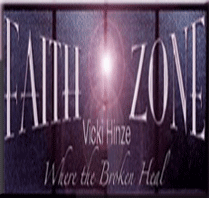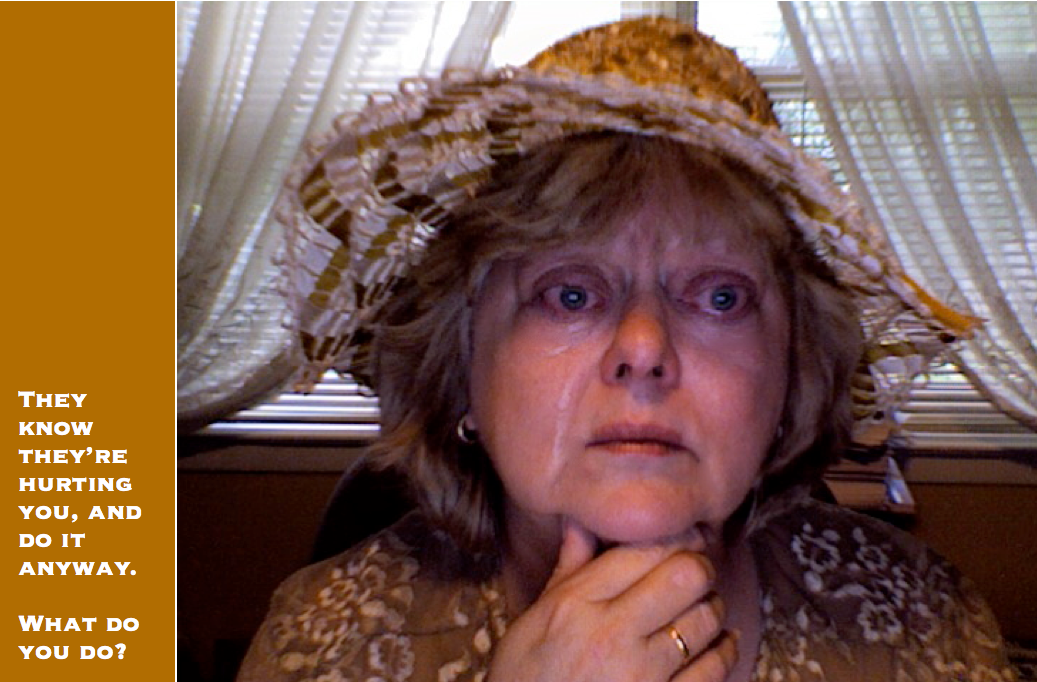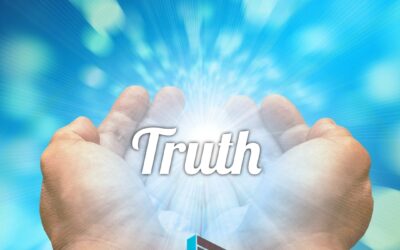CHRISTIANS AND CORRUPTION
© 2011, Vicki Hinze
WARNING: This is a no-edit zone….
The news is rife with stories on corruption right now. Investigation upon investigation is underway. Story upon story breaks of corruption—money for payback on political support, political supporters receiving special favors, including the subordination of governmental loans, congressional members purportedly cashing in via insider trading tactics—there are so many mentions and reports of corruption it’s hard to keep them all straight and even harder not to be overwhelmed and feel hopeless for the fate of our nation.
Each person has a voice and has the right and opportunity to use it to oppose corruption on a national scale. That is a freedom we enjoy and many of us exercise it. Yet corruption isn’t simply a matter of corruption on a grand scale, it is also a matter of personal corruption and responsibility and accountability. And if you’re a Christian, you have a greater responsibility to oppose it. The following verse is a guide for Christians, and also a warning:
“If they have escaped the corruption of the world by knowing our Lord and Savior Jesus Christ and are again entangled in it and are overcome, they are worse off at the end than they were at the beginning.” –2 Peter 2:19-21
Studying that verse in the context of the bigger picture—beyond self and into family, community, then nation—we see the responsibility we all bear, but the greater accountability on corruption on believers.
Note that “escaped.” That is a precise word, selected no doubt for a specific reason. We are all vulnerable. We all face temptation. If we are disciplined enough and fortunate enough to resist—it is a choice we make—then we have escaped the challenges associated with corruption and the resulting consequences of it. How many times have we heard that the cover-up was worse than the crime? There’s a reason for that.
You don’t have one corrupt act and then that’s the end of it. No, it’s like ripples on the water and the problems associated with the original act just widen, broaden and deepen.
Before we dare to think we’re not and never have been corrupt, we need to review our actions. Ever accidentally walk out of a store with something you intended to purchase and not go back in and pay for it? Ever accept the wrong amount of change and not return it? Ever note that something got missed and didn’t appear on your bill but not mention it to the sales clerk? What about getting a reduced price on something that shouldn’t have been reduced and not telling the cashier that your bill was less than you know it should be? Ever buy something from someone, owe payments on it, and just never repay them?
But those are just money-related corruptions. What about cheating on a test? Copying someone else’s work? Taking credit for someone else’s idea? Claiming something to be true that isn’t true? Rationalizing something you’ve done to justify doing something you shouldn’t have done? All of those things, and so many more, are corruption, too.
If you don’t know Christ and you do not escape corruption, that’s bad. But if you know Christ and don’t escape corruption, that’s worse. Why?
Because you know what you’re doing is wrong and you choose to defy Christ and do that wrong thing anyway.
We can forgive a child who makes a mistake. The child is an innocent with no malicious intent and simply knows no better. We are not absolved but are required to teach the child better so that in future the child has the knowledge and wisdom to protect him/herself.
You know I’m a simple woman, so I break big concepts into bites to digest. Okay, so a simple example to illustrate what I mean.
If a child touches a hot stove, the intent isn’t to harm the stove or to take advantage of the stove. It’s far more likely that the child is simply curious. Those of us who know if the stove is hot the child will be burned have a responsibility to warn the child that the stove could be hot and s/he could be hurt so s/he shouldn’t touch it.
Simple, yes. True, yes. If we have no intent to harm (the intentions in the heart make a huge difference in our spiritual responsibility) and we do not understand the spiritual consequences of our actions, then we are not dealt with as harshly as if our intentions are malicious and we do know those spiritual consequences and we act on them anyway.
When you know Christ (are aware [accessing His wisdom and knowledge]) and what you’re doing violates, and you choose to do it anyway (intention [exercising your free will choice]), then you’re held to a higher standard and are held more accountable because you do not have the innocence of a child.
You know better and act deliberately. That makes your actions more corrupt.
I’ve been thinking about this a great deal, as I’m sure many of you have, with word of corruption being in our faces at every turn. In the grand scheme of things we have and use our voices, and that is good. But we must also, I believe, start at home, start with us.
Christ loved the church—His people—and he despised corruption. We saw His reaction to it at the Temple when he upturned tables and expressed His outrage at the moneychangers for their disrespect. They were corrupt, dishonoring God.
In every life, every day, we are tempted. We make choices. And our choices carry consequences far beyond what they might appear at first glance. We need to look deeper. To really think about our actions and reactions. To weigh the real costs of corruption in our lives.
Joel Osteen gave a sermon once that spoke of expecting the best. He talked of being our best and doing our best. Of not settling but encouraging us to continue to aspire to be our best selves. There’s much wisdom in that advice. Note that we’re not passive people in the process. We’re engaged, working at being and doing our best. We’re aspiring, planning, striving.
I believe that corruption exists in our society because we tolerate it. If we didn’t tolerate it, it would stop. That’s not idealism, that’s practical impact. If the consequences of corruption were steep, few would willingly pay them. Instead, they’d modify their behavior and make wiser choices.
The challenge is we’ve been negligent in enforcing consequences. And doesn’t that too reek of corruption?
When we neglect to enforce consequences, we suffer a kind of diminishing return effect. It’s again like a child. If s/he asks for something and you say no, then no it is. But if the child asks again and again until you say yes, then you have a diminished return on no. It doesn’t mean anything because you’ve trained the child to nag you until you give in—and experience has taught that child that you will.
In this, there is the problem but there is also the complication of the problem which is the lack of enforcement. And while it’s easy to relate the real costs of corruption in physical terms, there are far more emotional costs and more still, as Peter told us, in spiritual terms.
The answer can’t be dictated or legislated. It has to begin within. In the mind and heart of each person. We have to gather wisdom and knowledge and then choose.
I’m working through this and the more I do, the more I see that every person has a direct relationship to the problem. To do nothing is doing something.
As it seems is so often the case, the examination of the challenge begins with the individual. Striving to make wiser choices, ones that are in line with Christ’s teachings, ones that do not minimalize consequences or suppress them.
From the time I was a little girl, my folks used to repeat the “every action causes a reaction” and the one about cause and effect. I wonder if people aren’t hearing those warnings anymore. I wonder if the elders aren’t speaking them.
I spoke to a friend on this subject this morning and she said that the still small voice we hear inside warns even those who aren’t believers that right is right and wrong is wrong.
The temptation is to agree. But I agree from the point who has had a lifetime of lessons and guidance on a path of faith. To me, that’s the Holy Spirit guiding me. Communicating with God. Yet I wonder for those who don’t have a basis—far too many are strangers to God and His Word—how those people identify that still, small voice. I wonder if they do instinctively know right from wrong when so many in influential capacities have lost their way and broken with even basic ethics, morals and values.
I know we’re poorer for it. As individuals, as a society, as a nation.
But we’re not all lost or hopeless or helpless. Our nation is ill; no disputing that. But it can be healed and we’re told of the restoration that will come as a result.
In that too, we’re not passive. We have to do our part and turn away from corruption and call down those who are corrupt. We need to use our voices constructively so that we might heal and then our land.
Blessings,
Vicki
——————————————-
Vicki Hinze Books Website About






